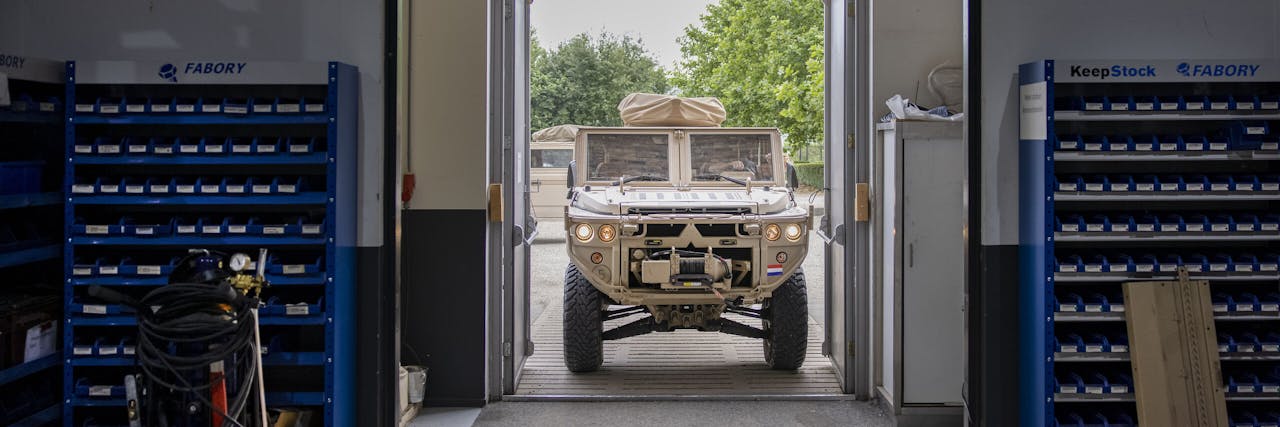Shareholder Lawsuits Against Tesla: The Aftermath Of Musk's Compensation

Table of Contents
The Controversial Compensation Package
Elon Musk's compensation package, approved in 2018, was unprecedented in its scale and structure. It granted him stock options contingent upon Tesla achieving ambitious market capitalization and operational targets. The potential payout could reach tens of billions of dollars, depending on Tesla's future performance.
Criticisms immediately arose, centering on concerns about excessive executive pay and potential conflicts of interest. Critics argued the compensation package was excessively generous, lacked transparency, and potentially diluted the value for existing shareholders.
- Unprecedented scale of stock options: The sheer magnitude of the potential payout dwarfed typical CEO compensation packages, raising concerns about fairness and shareholder value.
- Performance metrics perceived as easily achievable: Some argued that the performance metrics required to unlock the stock options were relatively easy to attain, essentially guaranteeing a massive payout for Musk regardless of exceptional performance.
- Lack of shareholder input and transparency: The process leading to the approval of the package was criticized for lacking sufficient shareholder input and transparency, raising questions about board oversight and accountability.
- Potential dilution of existing shareholder value: The massive issuance of stock options to Musk had the potential to dilute the ownership stakes of existing shareholders, reducing their individual returns.
The Grounds for Shareholder Lawsuits
Numerous shareholder lawsuits against Tesla followed, alleging breaches of fiduciary duty and corporate waste. The core legal arguments centered on the fairness and reasonableness of the compensation package, accusing the Tesla board of failing to act in the best interests of shareholders.
- Allegations of self-dealing and mismanagement: Plaintiffs argued that the board prioritized Musk's personal gain over the interests of shareholders, demonstrating a clear conflict of interest.
- Claims of inadequate board oversight: The lawsuits criticized the Tesla board for failing to adequately scrutinize and challenge the proposed compensation package, exhibiting a lack of proper oversight.
- Arguments concerning the fairness and reasonableness of the compensation: Plaintiffs argued that the compensation package was not aligned with market standards and was excessively generous relative to Tesla's performance.
- Potential violations of securities laws: Some lawsuits alleged that Tesla failed to adequately disclose the risks and potential downsides associated with the compensation package, violating securities laws.
The Legal Battles and Their Progress
Several lawsuits are ongoing, navigating complex legal procedures. Both sides are employing various legal strategies, including motion filings, discovery processes, and the presentation of expert witness testimony.
- Court filings and motions: Numerous motions have been filed by both plaintiffs and defendants, seeking to dismiss or amend the lawsuits.
- Discovery process and evidence presented: The discovery process involves gathering and exchanging evidence, including internal Tesla documents and communications related to the compensation package.
- Key legal precedents cited: Both sides cite relevant legal precedents to support their arguments, focusing on established legal principles surrounding executive compensation and fiduciary duty.
- Potential for class action certification: Several lawsuits aim to be certified as class actions, allowing a broader group of Tesla shareholders to participate in the litigation.
Impact on Tesla's Stock Price
The shareholder lawsuits against Tesla have undoubtedly contributed to volatility in the company’s stock price. While it’s difficult to isolate the lawsuits’ impact completely from other market factors, announcements and significant developments in the legal proceedings have often been correlated with stock price fluctuations.
- Stock price fluctuations following lawsuit announcements: Negative news related to the lawsuits has generally led to short-term dips in Tesla’s stock price.
- Investor confidence and long-term implications: The prolonged nature of the lawsuits and the uncertainty surrounding their outcomes can negatively impact investor confidence and long-term investment decisions.
- Potential for reputational damage to the company: Negative publicity surrounding the lawsuits can harm Tesla’s brand reputation and its ability to attract investors and talent.
Implications for Corporate Governance
The shareholder lawsuits against Tesla have significant implications for corporate governance practices across various industries. They highlight the increasing scrutiny of executive compensation packages and underscore the need for greater transparency and accountability.
- Increased scrutiny of executive pay packages: The Tesla case serves as a cautionary tale, prompting a reevaluation of how executive compensation is structured and approved.
- Calls for greater transparency and shareholder involvement: The lawsuits highlight the demand for more significant shareholder involvement in the decision-making processes concerning executive compensation.
- Potential reforms in corporate governance regulations: The outcomes of these lawsuits could influence future regulatory reforms aimed at improving corporate governance practices and protecting shareholder rights.
Conclusion
The shareholder lawsuits against Tesla, stemming from Elon Musk's compensation, represent a significant challenge to corporate governance practices and highlight the ongoing debate surrounding executive pay. The outcomes of these legal battles will have far-reaching implications for Tesla, its investors, and the broader business landscape. The complexities of these shareholder lawsuits against Tesla are ongoing and warrant close attention.
Call to Action: Stay informed about the developments in these crucial shareholder lawsuits against Tesla. Understanding the complexities of executive compensation and shareholder rights is vital for navigating the evolving landscape of corporate governance. Follow our updates on the ongoing shareholder lawsuits against Tesla and related legal battles for the latest insights.

Featured Posts
-
 Uitbreiding Nederlandse Defensie Industrie Reactie Op Wereldwijde Spanningen
May 18, 2025
Uitbreiding Nederlandse Defensie Industrie Reactie Op Wereldwijde Spanningen
May 18, 2025 -
 Dominate Your Mlb Dfs Lineup On May 8th Top Picks And One To Avoid
May 18, 2025
Dominate Your Mlb Dfs Lineup On May 8th Top Picks And One To Avoid
May 18, 2025 -
 Close 1 0 Win For Angels Moncada And Soriano Shine Against White Sox
May 18, 2025
Close 1 0 Win For Angels Moncada And Soriano Shine Against White Sox
May 18, 2025 -
 Dispelling Rumors Kanye Wests Visits With His Children This Year
May 18, 2025
Dispelling Rumors Kanye Wests Visits With His Children This Year
May 18, 2025 -
 Australian Sentenced To 13 Years In Russian Prison For Fighting In Ukraine
May 18, 2025
Australian Sentenced To 13 Years In Russian Prison For Fighting In Ukraine
May 18, 2025
Latest Posts
-
 The Unexpected Bad Bunny Dance Featuring Tate Mc Rae And Marcello Hernandez
May 18, 2025
The Unexpected Bad Bunny Dance Featuring Tate Mc Rae And Marcello Hernandez
May 18, 2025 -
 Michelle Williams On Marcello Hernandezs Clasp Comment In Dying For Sex
May 18, 2025
Michelle Williams On Marcello Hernandezs Clasp Comment In Dying For Sex
May 18, 2025 -
 Bad Bunny Dance Tate Mc Rae And Marcello Hernandez Deliver A Surprise
May 18, 2025
Bad Bunny Dance Tate Mc Rae And Marcello Hernandez Deliver A Surprise
May 18, 2025 -
 Michelle Williams Clarifies Dying For Sex Scene Ambiguity
May 18, 2025
Michelle Williams Clarifies Dying For Sex Scene Ambiguity
May 18, 2025 -
 Witness Tate Mc Rae And Marcello Hernandez Dance To Bad Bunny Unexpected
May 18, 2025
Witness Tate Mc Rae And Marcello Hernandez Dance To Bad Bunny Unexpected
May 18, 2025
